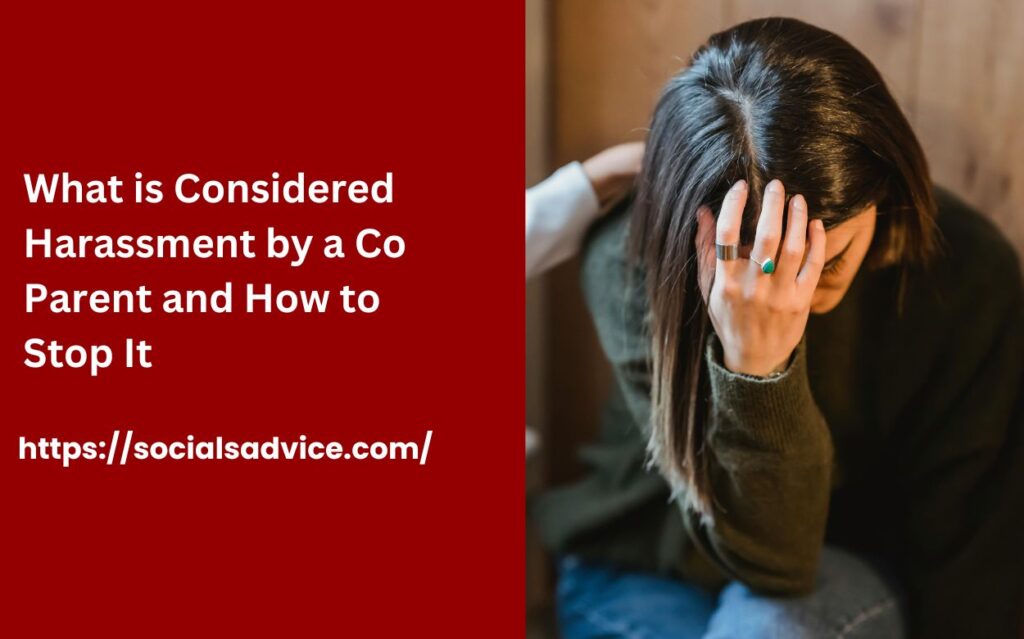
Prioritizing the child care system is really important to promote children’s well-being. Some consideration needs to be given to whether foster care is better for children than orphanages in this modern world. Children are one of the most vulnerable members of our society – they need proper attention, protection, care, attachment and support.
Is foster care better for children than an orphanage?
Decades have passed when children without parents or guardians of care received care from orphanages. Orphanages provide shelter, care, basic needs and food. But the value of orphanages has declined over time – especially with the advent of foster care in recent times.
With the emergence of foster care, comes the convenience and protection of childcare. In this article, we have a look at where we will differentiate whether foster care is better than orphanages in meeting the needs of children.
Read the blog to learn, evaluate, analyze, choose, and practice the productive implications of child care support!
Foster Care vs. Orphanages
Orphanage
Various organizations such as churches, government agencies, & NGOs run orphanages.
These childcare facilities welcome homeless children, orphans and those living apart from their parents for long periods of time. Only that residential and basic benefits are for children of a certain age (i.e. below 15–18 years). An orphanage often houses more than a dozen children.
Some other things you should know
Many institutions receive financial support from the government and philanthropists.
The NGO receives support from well-wishers, patrons, donors and other foundations.
They cover the child’s needs (i.e. food, shelter, and clothing).
Only some orphanages provide educational help to the children under their care.
Adoption policies and compliance rights vary from orphanage to orphanage.
Foster Care
Foster homes are short-lived places for an orphan/homeless child to stay before adoption. The system typically caters to children who have been removed from families due to emotional trauma, neglect, or abuse.
Orphans live in private homes instead of government facilities. There, participant foster parents provide them with a strong, and good family environment. This includes giving them food, shelter, clothing and education. Like orphanages, these systems are not responsive to young adults over the age of 18.
Other facts
Foster parents are certified and often trained before they are qualified to care for orphans.
The government often provides stipends to foster parents.
The system regularly checks on children and switches homes when needed.
Babies receive one-on-one attention from their caregivers.
Foster care systems separate brothers and sisters because some parents can only take one child.
Stability in Care
Foster care has better options for raising children, it helps them gain stability and continuity in care and physical development. A safe and calm, nurturing environment also improves children’s mental and physical health. They are all facilities that children cannot get in orphanages with great stability and development.
Emotional Attachment
The orphanage always works as an institution without caring about the feelings of the non-parents children living there, and everything is done professionally, so in foster care, that the children can have the best chance at life.
Children can increase their chances of becoming emotionally attached to their foster family members, Neighbor’s, classmates, and trusted people. In this way, the overall welfare of the children will never be compromised.
Thus, it has been proved that foster care of children is better than orphanage services. With the advent of foster care, children are improving their overall health by stabilizing their mental issues such as anxiety, worry, stress, agony, grief, low self-esteem, mood swings, and more.
High-End Legal Protection
There is a higher level of legal protection for children in foster care than in orphanages. In orphanages, care is limited, with limited access to the necessities that a child can have to live a quality life with optimal overall well-being.
In foster care, a child can receive a number of benefits with legally productive support resources, including connection to the birth family, quality education, health care, and other supports. Foster parents have legal rights to provide the foster child with better care services and better support with parental care.
Unlike orphanages, foster care is crucial in providing a high level of legal protection for children. They can get security to ensure the overall well maintained. Giving equal importance to rights and values of each child in foster care is a better approach than an orphanage.
The Final Thought
Concluding the article, the question arises for you – our valued readers – whether foster care or orphanage is better for children. You can guess for yourself. But in this percipient blog, you can get a better understanding of the impression of foster care or orphanage excellence.
As it is clear, and you may well know, foster care has numerous advantages for children compared to orphanages. In foster care, they can receive appropriate care by prioritizing their well-being with significant development in their needs and desires.
Foster care is really beneficial for children to secure their future by providing a friendly environment in which to live, enjoy and study.
So, the question isn’t whether foster care is better for a child than an orphanage. It’s all about accepting and recognizing each child’s worth and potential, support, ensuring love, attachment, and opportunities to succeed in life.
Therefore, foster care always shows commitment, love, dedication, happiness, help, hope, emotional attachment, and a brilliant future for the child than in an orphanage.
FAQs
What are the major differences between foster care and orphanages?
In foster care, children get a family-like environment to live in and are raised with great attention and care. On the other hand, children in orphanages have limited access to necessities, accessories and support because they feel institutionalized. They have multiple services and staff members with multiple children under one roof.
Do children in foster care get adequate support resources?
Of course, foster Care’s goal is always to provide high-quality health care, mental, counselling and emotional support, education, and other legal support services to meet their needs and desires. In this way, they can live a better life and significantly improve their overall health.
With support resources, it’s really easy for children to successfully navigate foster care.
How does foster care benefit the children as compared to orphanages?
Unlike orphanages, foster care provides a foster child with a nurturing environment with flexible and stable support services. Thus, they may feel more secure, safe, happy, healthy, trusted, and emotionally attached to the foster family. In actuality, foster care benefits children by the ensuring overall health and long-term success.
Can children maintain connections with their biological families in foster care?
Whenever possible, the foster care system always supports children’s well-being by meeting their needs – especially when they want to connect with their biological families. Thus, foster care always prioritizes maintaining children’s relationships with their biological families—valuing children’s relationships and cultural values.
What are the outcomes for children in foster care as compared to orphanages?
Many studies have shown that children in foster care always have better outcomes and support resources than in orphanages. Many children face many care problems and challenges in orphanages where there are limited services, with children having many problems related to their physical health and mental.


